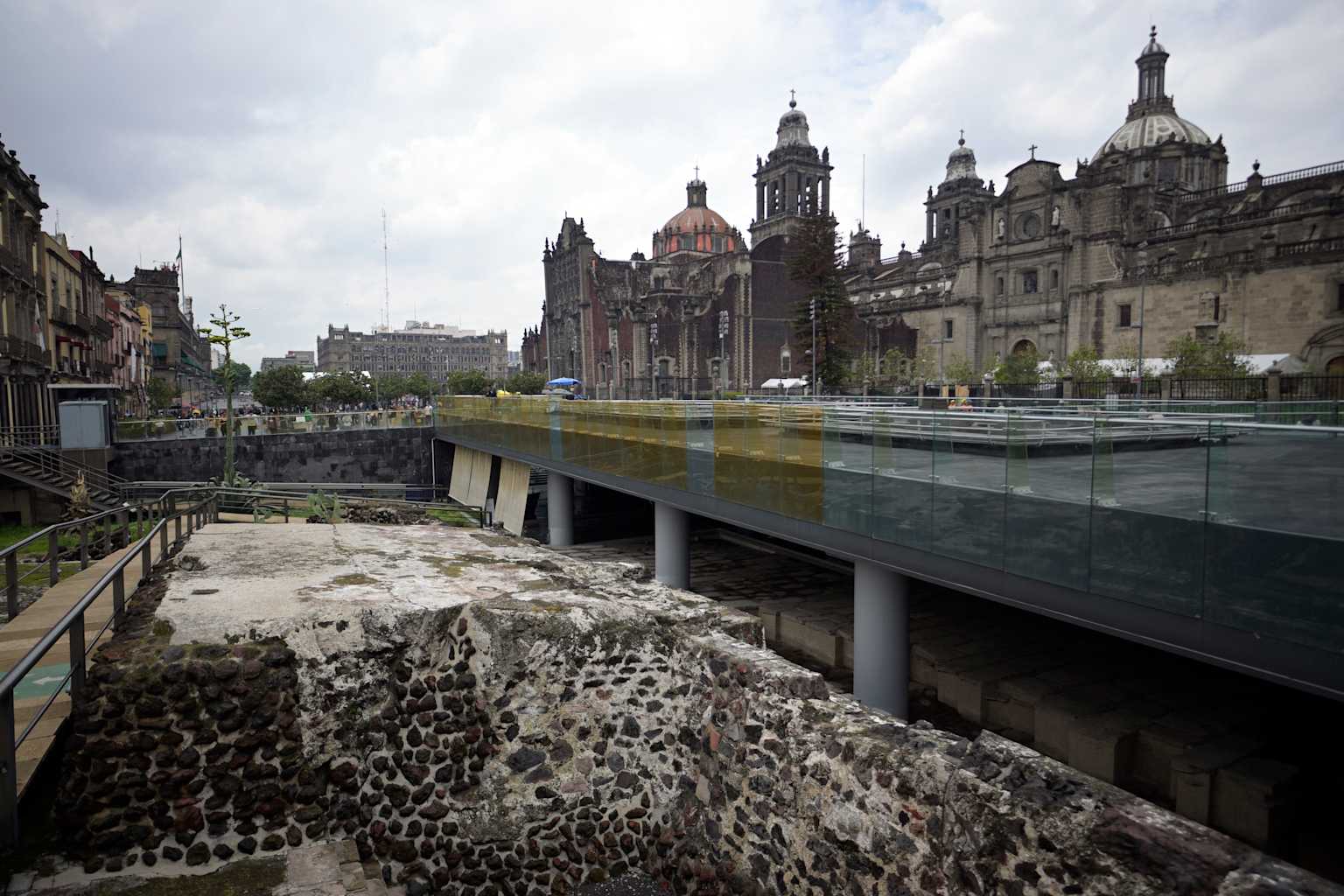- Remote Work Hub Emerges
- Financial Advantages
- Growing Trend
Mexico City's booming remote work scene has created new opportunities for digital nomads to capitalize on unique travel rewards, with some workers positioned to earn substantial benefits while maintaining their professional careers from the Mexican capital.
The intersection of remote work flexibility and travel incentives has reached a new peak as JetBlue Airways offers 350,000 points plus 25 years of elite status to travelers who visit 25 destinations by year's end. For remote workers already based in Mexico City, this promotion represents a potentially lucrative opportunity that aligns with their location-independent lifestyles.

Mexico City has transformed into a premier destination for remote workers, driven by infrastructure investments including a new 5G network rollout and more than 50 co-working spaces in the Roma Norte district1. The city's appeal extends beyond connectivity, offering a cost of living significantly lower than major U.S. cities while maintaining cultural amenities and mild year-round weather.
According to Mexico City government data, remote workers contributed 9.3 billion pesos ($523.4 million) to the local economy in 2021 alone, representing 15% of the city's tourism revenue that year2. Mayor Claudia Sheinbaum noted that capturing just 5% of American remote workers could generate 1.4 billion pesos annually for the city.
Remote workers in Mexico report substantial cost savings compared to U.S. locations. Keith Romes, who worked contracts for companies including Meta from Cancún, lived comfortably on less than $1,200 monthly—one-third to one-fifth of his California expenses1. Contract work averaging $40,000 per six-month period provides considerable purchasing power in Mexico's economy1.
The country's average remote job salary ranges from $2,700 to $3,600 monthly, with some positions reaching $8,3002. These earnings, combined with Mexico's lower cost structure, create opportunities for workers to pursue travel-intensive promotions like JetBlue's offer while maintaining their professional responsibilities.
Remote work has become a permanent fixture of the modern workforce, with hybrid models now considered standard rather than exceptional1. For Mexico-based remote workers, the flexibility to travel while working—combined with competitive earning potential—creates unique advantages in accessing travel rewards programs that might otherwise require substantial personal investment.
The trend reflects broader changes in how professionals balance work, lifestyle, and financial optimization in an increasingly connected global economy.



